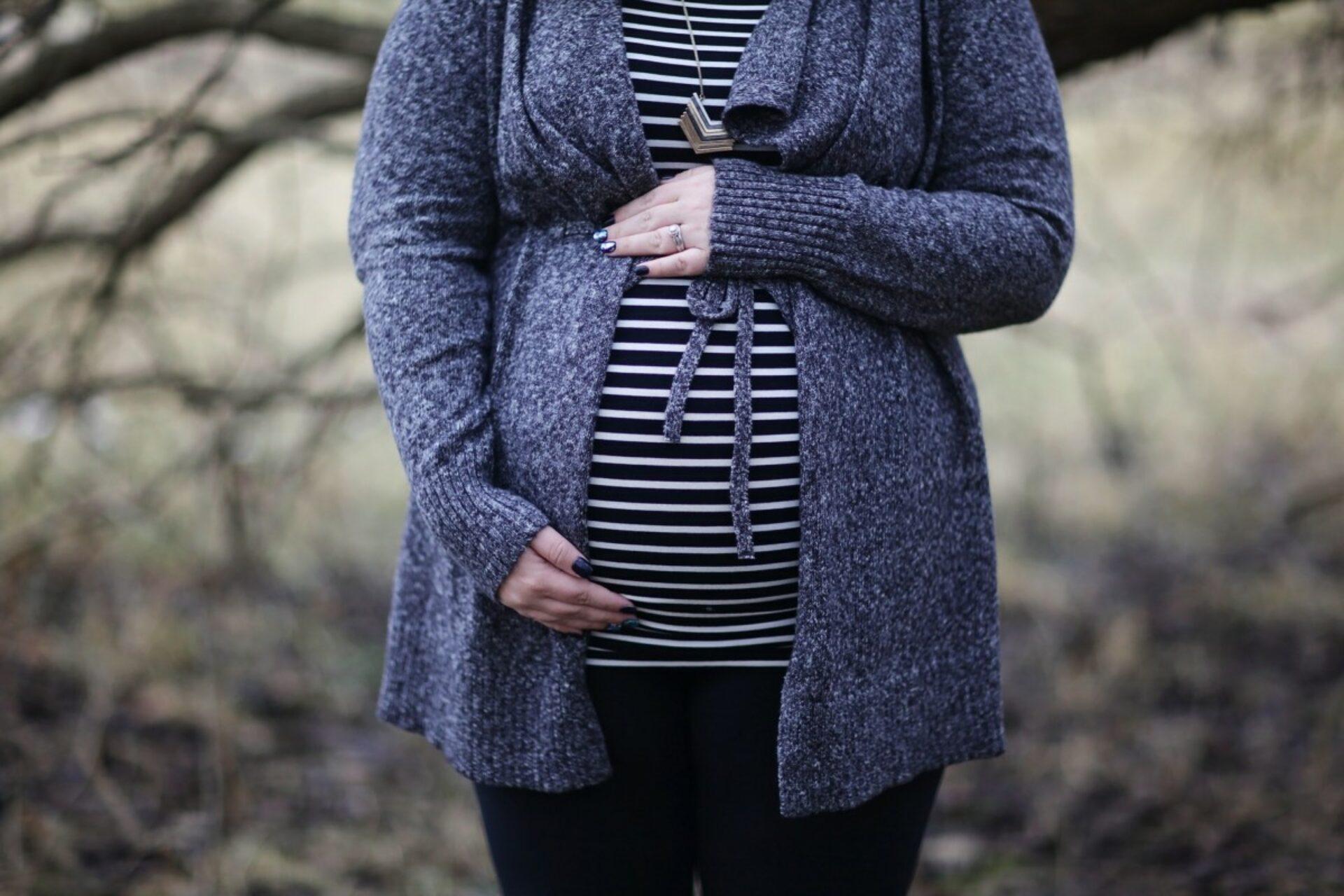Project overview
Women who take medication for a mental health condition face difficult decisions if they become pregnant. Should they stop taking their meds or reduce the dose because of a possible risk to the baby? What if this makes their mental health deteriorate?
The situation is especially complicated when there is a lack of clear, evidence-based guidance on best medical practice, meaning clinicians are also dealing with uncertainty.
This project, with peer researchers and researchers at University College London, explored how women made their decisions.
It is part of a larger research programme, funded by the NIHR HTA programme, looking at the risks and benefits of psychotropic medication use during pregnancy. You can read about those results here.
Project details
Psychotropic medications affect people’s mood or behaviour. This includes antipsychotics, mood stabilisers and anti-depressants, which are often used to treat severe mental illnesses such as schizophrenia, bipolar disorder and other psychotic disorders.
If a person treated with these drugs becomes pregnant, there is a dearth of evidence-based information about the risks of taking these drugs during pregnancy, or the risks of choosing not to take them.
As a result, it is hard for them to get the advice they need to make these decisions. This project aimed to identify opportunities to provide greater, or different kinds of, support.
We teamed up with researchers at University College London to find out what happens to women who become pregnant while they are taking psychotropic medication.
The researchers had access to patient records going back to 1995 and looked at whether women chose to continue or stop taking the drugs, and whether either decision affected what happens to them or the child.
The researchers were advised by a group of women, recruited by McPin, who have experience of taking these drugs and were directly affected by these concerns.
Alongside the study of patient records, we conducted an interview study with 12 women with psychosis who have had to make these decisions. We wanted to know what they thought about the issues – what worried them, what information or advice they had been given, and what decisions they made.
The research was being designed and carried out by peer researchers with first-hand experience of the issues involved.
We found that the women’s central dilemma was whether to continue taking medication to ensure they stay well and can care for their baby, in the face of fear and uncertainty about the risk it posed to their baby’s health. This caused a lot of distress.
Despite this, the research found that the women retained strong feelings of personal ownership for their decisions. They drew on their past experiences and views about medication, as well as information in books, leaflets, the internet and in published medical papers.
Some talked through what they found with their clinicians and together managed this ‘decisional uncertainty’. Others decided independently what they wanted to do and presented this to their clinician, and some took a shared decision-making approach – seeking guidance before making their choice.
No approach was straightforward and often involved negotiation and, in some cases, handling coercion. When women felt that their decision wasn’t supported, either by their clinician or their partners and families, this led to feelings of stress and judgement.
Ultimately, whatever their decision and process of getting there, the women took personal responsibility for their choice and framed it as their own, even if they were still conflicted about it.
You can read an article about the project published in the peer reviewed journal Mental Health Review Journal here.
There is also a blog about what it was like to be a peer researcher on the project.
Download an illustration of the main messages from the research, including suggestions for how health professionals and services could make the decision-making process easier for women.
We are also asking people to print the illustration and pass it on to their GP, psychiatrist or appropriate healthcare professional or to pin it up in their local community or health centre. If you are a teacher of healthcare professionals, you may wish to use it as a teaching aid.
For more information on the project please email [email protected].
Project resources

Medication and pregnancy strength in the face of uncertainty and distressing dilemmas

Anti-psychotic medication decision making during pregnancy
Related blogs
Related projects
Work with us
We are always excited to hear from others who want to collaborate on mental health research. From delivering peer research to helping you with public involvement strategies and providing training, get in touch to chat.







